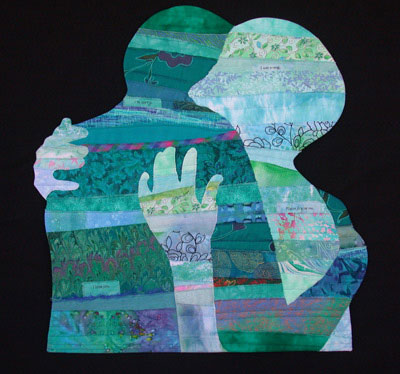 “I’ve just read some of your blog entries,” writes my high school friend, Carolyn Projansky. “Very powerful. I related to the story you told of the Holocaust survivor who over-mothered her children because she didn’t get enough mothering. (See blog below, “The Forgotten Adults.”) My mother did that, and you’ll recall she was a Holocaust survivor, too. I figured out exactly that reason years ago, in therapy.”
“I’ve just read some of your blog entries,” writes my high school friend, Carolyn Projansky. “Very powerful. I related to the story you told of the Holocaust survivor who over-mothered her children because she didn’t get enough mothering. (See blog below, “The Forgotten Adults.”) My mother did that, and you’ll recall she was a Holocaust survivor, too. I figured out exactly that reason years ago, in therapy.”
For children of survivors, it can take decades to understand their parent’s behavior. Here are some ways survivors’ losses define their parenting:

• Research shows survivors look to their children to replace what was traumatically lost. Consequently, they become over-involved in their children’s lives.
• Survivors can be over-protective of their children, transmitting a sense of distrust of anyone outside the family.
• Some survivors don’t talk and some don’t stop talking. Either tactic can be traumatizing to children.
• Separation or individuation is associated with death for survivors. A child who separates may be seen as betraying or abandoning the family.
• To cope with their losses, many survivors numbed themselves to emotional pain. As parents, they have difficulty showing love.
In time, children see how their parent’s experiences shaped both generations. As Carolyn wrote in her message to me, “I just wish my mother had lived long enough for me to have told her that I understand.”
